Consumer incentives must be put in place by the UK Government as a matter of urgency in the wake of its decision to delay the ban on the sale of new petrol and diesel cars from 2030 to 2035.
Sue Robinson, chief executive of the National Franchised Dealers Association (NFDA), which represents car and commercial retailers across the UK, said that while the UK continues to hold some of the most ambitious climate commitment targets, it still lacked any credible up-front price incentives to support the transition to electric for less-affluent motorists.
“With the removal of the Plug-In Car Grant (PICG) last June and price parity yet to be reached between electric vehicles and their internal combustion engine counterparts, the Government must create a clear and positive message for motorists that they remain committed to their climate targets.
Consumer incentives must be put in place by the UK Government as a matter of urgency in the wake of its decision to delay the ban on the sale of new petrol and diesel cars from 2030 to 2035.
Sue Robinson, chief executive of the National Franchised Dealers Association (NFDA), which represents car and commercial retailers across the UK, said that while the UK continues to hold some of the most ambitious climate commitment targets, it still lacked any credible up-front price incentives to support the transition to electric for less-affluent motorists.
“With the removal of the Plug-In Car Grant (PICG) last June and price parity yet to be reached between electric vehicles and their internal combustion engine counterparts, the Government must create a clear and positive message for motorists that they remain committed to their climate targets.
“Ultimately, the phasing out of ICE vehicles in the UK requires a clear strategy from the government to achieve it, it must be supported by forward thinking legislation and attractive initiatives to encourage motorists in making the shift. If the UK is to reach its 2050 net-zero targets it needs to support the automotive industry, now more than ever.”
Mike Hawes, SMMT chief executive, agreed, saying that while the automotive industry’s commitment to a zero-emission new car and van market remains unchanged, Net Zero could not be achieved without this sector’s decarbonisation.
“Manufacturers will continue to put innovative new models on the market but consumers need encouragement to buy more than ever. The announcement must be backed up with a package of attractive incentives and measures to accelerate charging infrastructure to give consumers the confidence to switch. Carrots move markets faster than sticks.”
He added that the UK Prime Minister had now confirmed that a mandate to compel the sale of EVs – the single biggest mechanism to deliver Net Zero – will be published shortly, starting in January 2024.
Sally Foote, UK managing director at carwow warned that an overnight consumer poll following the Prime Minister's U-turn on green policies indicated that 41% of drivers said they are now less likely to buy an EV in the next year because of the delay to the 2030 ban.
“Manufacturers have already made significant investments into new electric models in preparation for the 2030 ban. Changes to product development, R&D, production, and model line-ups are planned years in advance and cannot be undone.
“Consumers are now more likely adopt a wait-and-watch approach, which could slow EV sales to retail buyers over the coming years. This is also at complete odds with the government's apparent intention to plough on with the Zero Emission Vehicles mandate, which would levy huge fines on manufacturers who fail to ensure at least 22% of their new car sales are zero emissions in 2024.”
Philip Nothard, insight and strategy director, Cox Automotive added that it is now vital that the government sticks to its pledges and does not move any other goalposts.
“The automotive sector – and consumers – need clarity and certainty,” he said. “The Government must not lose sight of the now urgent requirements for significant investment in EV infrastructure and incentives to support private buyers with the transition to new and used electric vehicles. Otherwise, in five years' time, we risk being in the same position we face today.”
Login to continue reading
Or register with AM-online to keep up to date with the latest UK automotive retail industry news and insight.

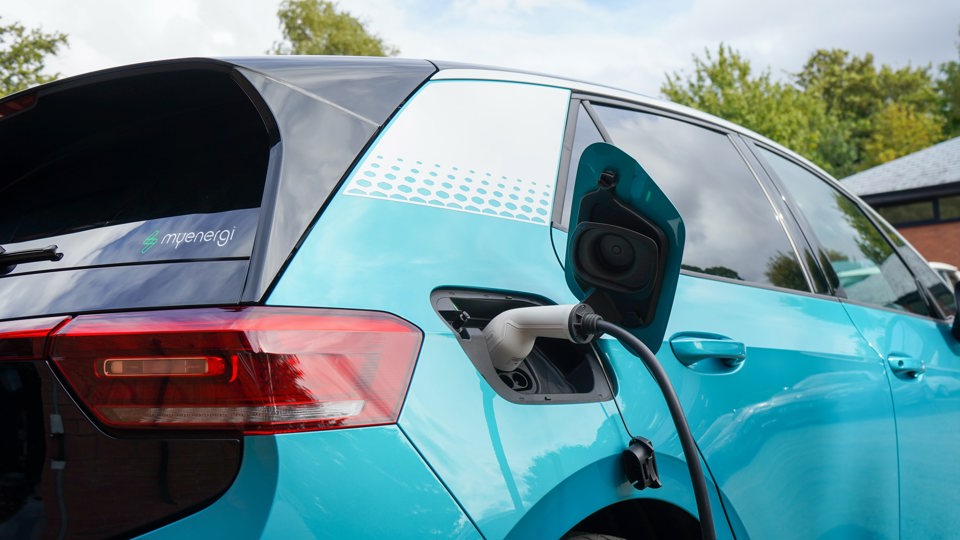


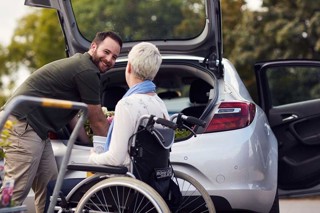
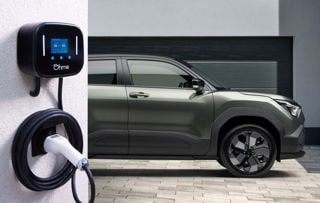
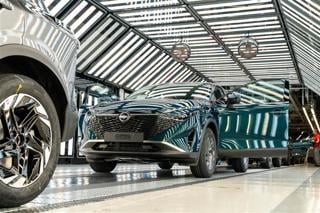

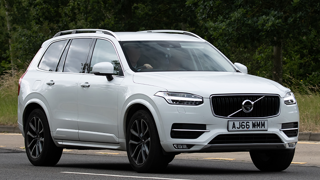













Login to comment
Comments
No comments have been made yet.